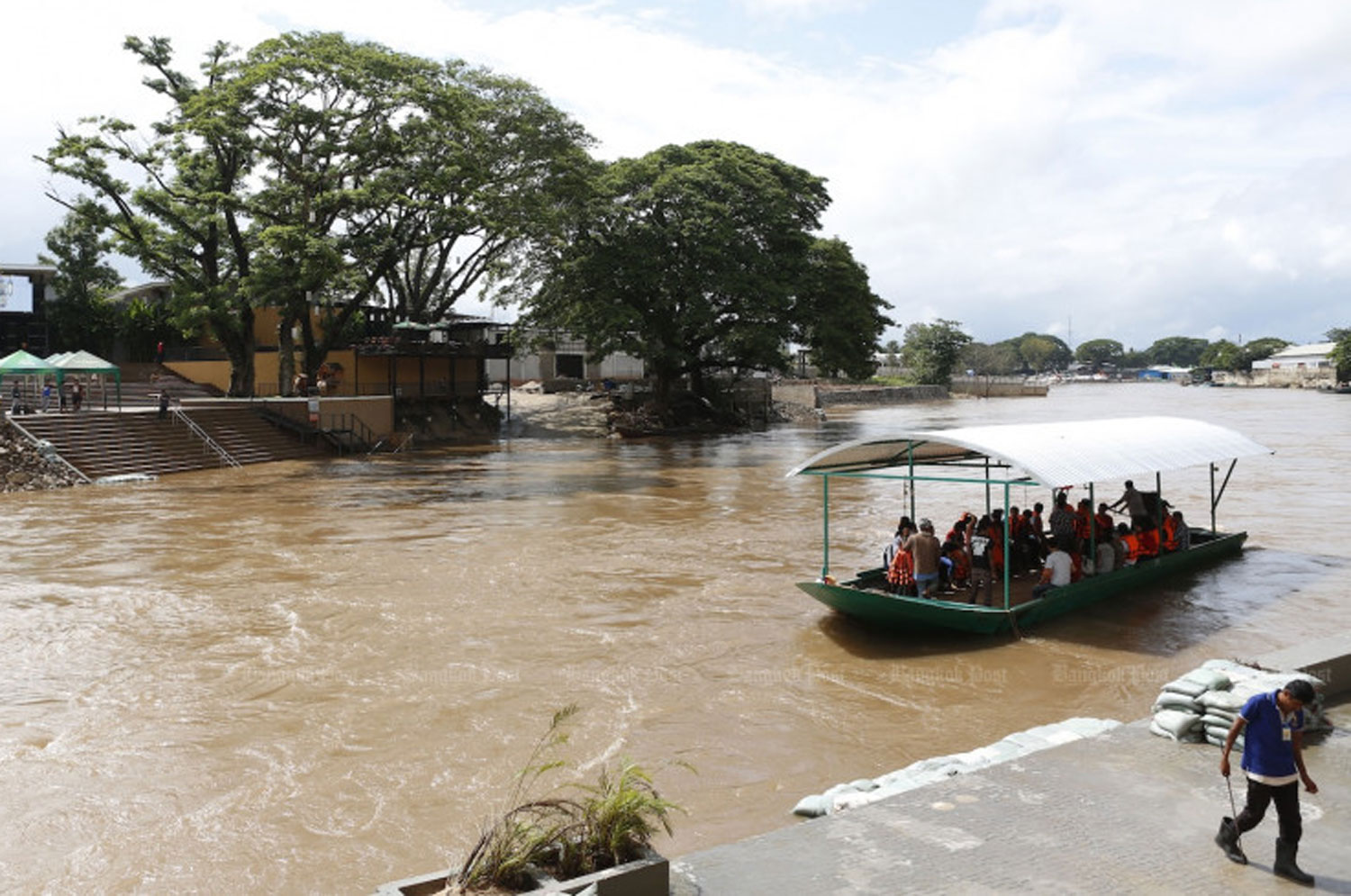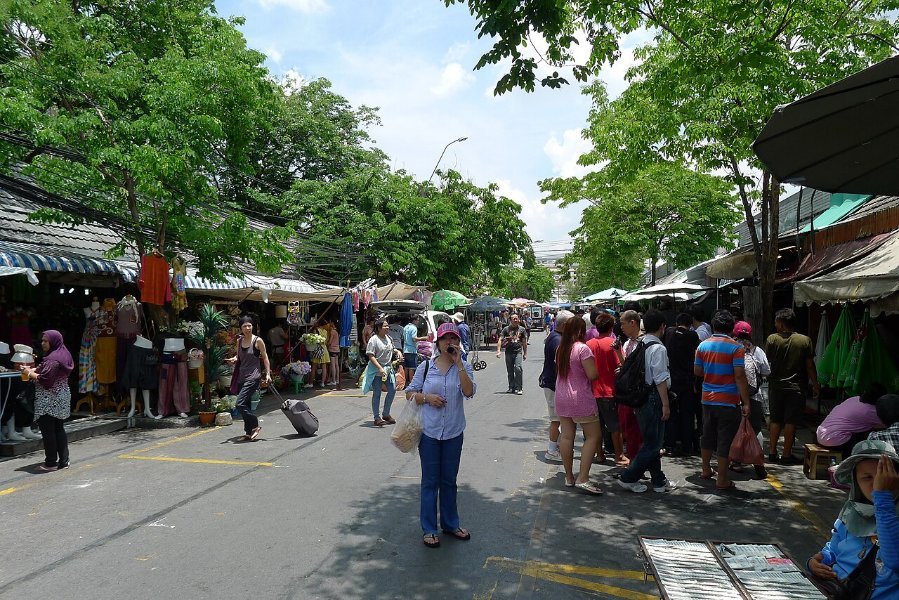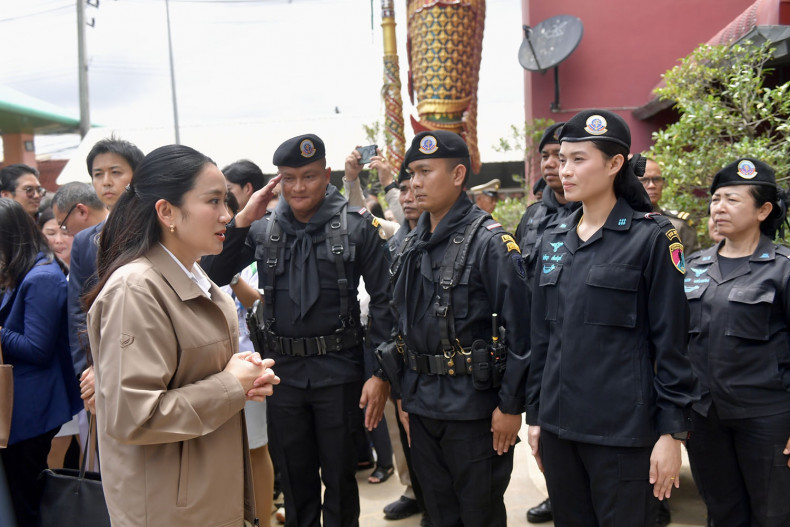Requests Exceed Budget Limits
Thailand’s government is set to approve a 157-billion-baht economic stimulus budget in June 2025, but ministries have submitted funding requests totaling over 400 billion baht. The overwhelming demand reflects urgency to support sectors like transport, commerce, and tourism amid global trade uncertainties. Strict oversight ensures projects align with economic goals, addressing concerns about transparency and potential misuse for political campaigns.
Transport Infrastructure Priorities
Ministry Seeks Major Investment
The Transport Ministry has requested 56 billion baht to bolster infrastructure projects, a key focus of the stimulus package. Upgrading roads, railways, and ports aims to enhance connectivity and drive economic growth. These developments are critical for positioning Thailand as a regional logistics hub, supporting long-term competitiveness despite challenges posed by U.S. tariff policies affecting trade.
Commerce Ministry’s Export Support
Navigating U.S. Tariff Challenges
The Commerce Ministry proposed a 3-billion-baht plan to aid exporters, though initial reviews slashed its allocation. Approved projects include 27 million baht for product origin certifications and legal expertise to counter U.S. countervailing duties on Thai solar products. By exploring new markets, the ministry aims to mitigate risks from U.S. tariffs, which threaten Thailand’s export-driven economy, contributing 60% to GDP.
Boosting SME Resilience
Industry Ministry’s Technology Push
The Industry Ministry’s 1-billion-baht proposal focuses on empowering small and medium-sized enterprises (SMEs) through technological upgrades. Plans include financial aid for 10,000 SMEs, offering up to 50,000 baht each to adopt cost-saving innovations. This initiative, supported by the Federation of Thai SMEs, aims to strengthen a sector battered by post-pandemic recovery and trade war pressures, though political tensions may hinder approval.
Tourism’s Ambitious Entertainment Plans
Exclusive Concerts to Draw Visitors
The Tourism Authority of Thailand seeks 2.5 billion baht for an “Entertainment Hub” project, targeting exclusive concerts by global artists to boost international tourism. Inspired by Singapore’s success with Taylor Swift’s sold-out shows, the plan emphasizes securing A-list talent to ensure Thailand becomes a Southeast Asian concert destination. Additional incentives, like those for filming “White Lotus,” aim to elevate hotel revenues and tourist spending.
Energy Sector’s Independent Approach
Self-Funded Infrastructure Projects
Unlike other ministries, the Energy Ministry has not requested stimulus funds, relying instead on the budgets of state-owned giants like the Electricity Generating Authority of Thailand and PTT Plc. These agencies will independently finance power transmission networks, a new LNG terminal, and gas pipelines. This self-sufficiency allows the ministry to focus on operational costs while supporting Thailand’s energy security and industrial growth without tapping the stimulus package.
Strategic Tourism Promotion
Celebrity Ambassadors for Global Reach
The Tourism Ministry’s 200-million-baht plan to hire international celebrities as brand ambassadors aims to elevate Thailand’s global appeal. Choosing figures like Lalisa Manoban could maximize impact, drawing high-spending tourists from key markets like Europe and India. By investing in targeted promotions and infrastructure like public toilets at attractions, the ministry seeks to hit 35 million foreign visitors in 2025, addressing safety concerns and economic slowdowns.









